So, business is booming - you’ve got plenty of work coming in and your only problem now is if you will be able to get it all done by yourself. It’s probably time to think about hiring your first employee.
It might be hard to trust someone else with a business you’ve worked incredibly hard on, but if you want your business to grow, the right people can make that happen.
Hiring an employee can be a costly undertaking - you’ll need to advertise, look at applications, interview candidates and (hopefully) choose the right person for your business, otherwise the process starts again! The recruitment process may seem a little overwhelming at first, but we’ve broken down everything for you, so that you can move forward with confidence.
Do I Need to Hire Someone?
According to Neil Patel, you should only hire someone if you’ve got a clear role for them in mind which will make money for your business. You don’t want to hire someone because you’re stressed out, just to have them standing around not doing much, costing you money.
Don’t rush into this decision, it’s an important one for your business. Take the time to really plan it out and make sure this is the right way to go.
Can I Afford to Hire Someone?
Along with recruitment costs, you will need to pay your employee’s wage, entitlements, workers compensation, tax and superannuation. Do the research to find out what applies to your situation and the type of worker you’d like to employee. Once you are fully aware of the costs, you will know whether or not you can afford to take someone on.
There may be a small business grant that applies to your business that you could take advantage of when hiring a new employee. Check out the NSW Small Business Grant page for more info.
What Kind of Worker Am I Looking For?
Are you looking to hire a contractor, a full-time or part-time or casual employee, or an apprentice? You will need to decide which is the most suitable for the position. There are different obligations for different employee types, so make sure you know the requirements before you start looking.
Check out the ATO - some contractors may be deemed employees. There is a decision tool on their website.
What Are My Legal Obligations?
You need to make sure that you are complying with the Fair Work Act when hiring someone. The National Employment Standards (NES) cover things such as hours of work and annual leave. Depending on your industry, your future employee might be covered by an award which goes on top of the NES. You will have tax and superannuation obligations to meet as well.
You will need to keep written time and wage records for each employee for seven years, you also need to comply with anti-discrimination and workplace health and safety laws.
Where Can I Advertise?
There are many options available to you when you are placing a job advertisement. There are job seeker boards like Seek, LinkedIn, GumTree, Ethical Jobs, or even Facebook. You could also use print advertisements in the local newspaper or a magazine or newsletter relevant to your field.
What Kind of Questions Do I Ask When Interviewing Candidates?
Once you get to the interview stage, you can be as formal or informal as you like (keeping it appropriate of course). Perhaps meeting at a local cafe could give you a better chance to get to know a candidate than meeting in an office. Let the position and business culture dictate your level of formality.
Begin with some general ‘easy’ questions to get the candidate talking and to feel at ease. Ask questions relevant to the role they will be performing if successful but also try to gauge if their personality or work style will be a good fit for you and the way you do business.
How Do I Make Sure My Employee Is Safe At Work?
When bringing anyone into your business, safety is paramount. Even if you don’t feel like your business is a ‘risky environment’, you are obligated to ensure all employees are safe at work. Head to SafeWork NSW for all the info you need on workplace health and safety. Make safety a priority in your business.
How Do I Handle Their First Day On The Job?
Give your employee as much direction as possible to get them familiar with the environment and what is expected of them. Make them feel as comfortable as possible and treat the first day as an orientation day. Check in with them often in the first weeks and beyond to discuss goals or any issues. This will ensure a smooth transition into your business.
More Resources
Hiring a new employee (especially your first employee) requires a lot of research and planning. The following links have more detailed information and checklists for you (with state specific information):
https://www.fairwork.gov.au/find-help-for/small-business/hiring-employees
https://www.business.gov.au/info/run/employ-people
https://www.ato.gov.au/business/your-workers/hiring-workers-for-the-first-time---checklist/
http://www.revenue.nsw.gov.au/grants/sbg
https://www.jobs.gov.au/employers-0

